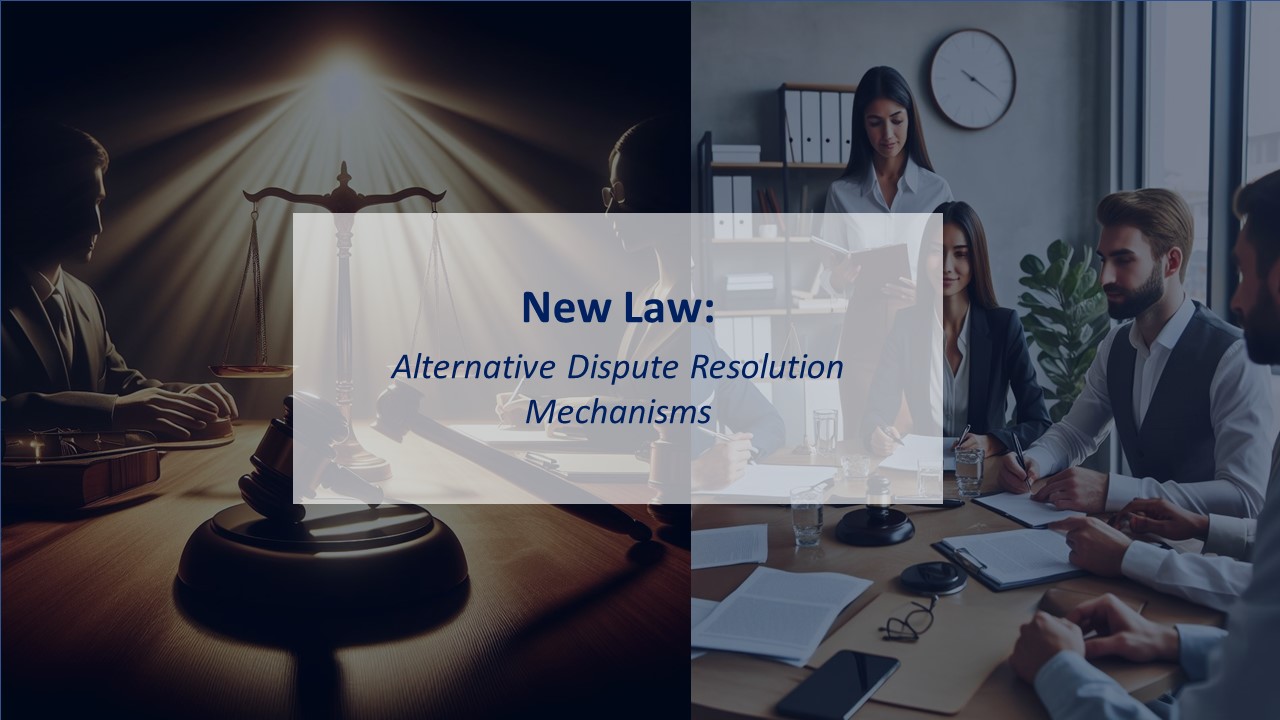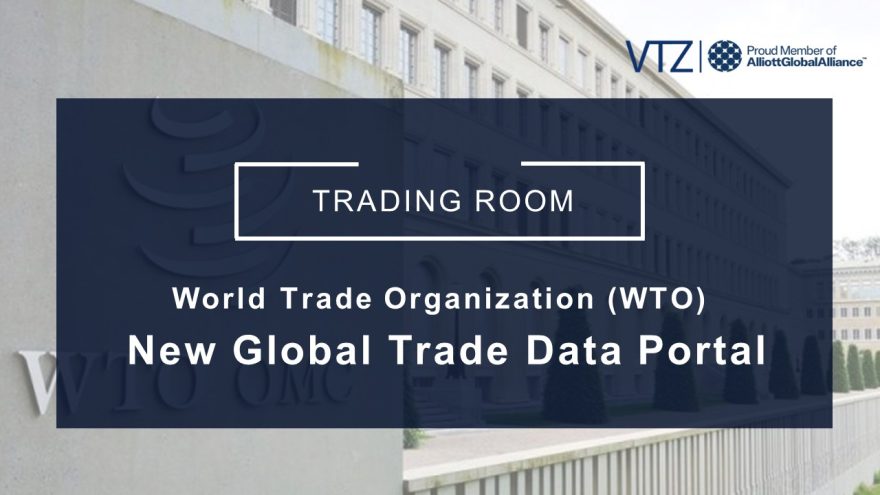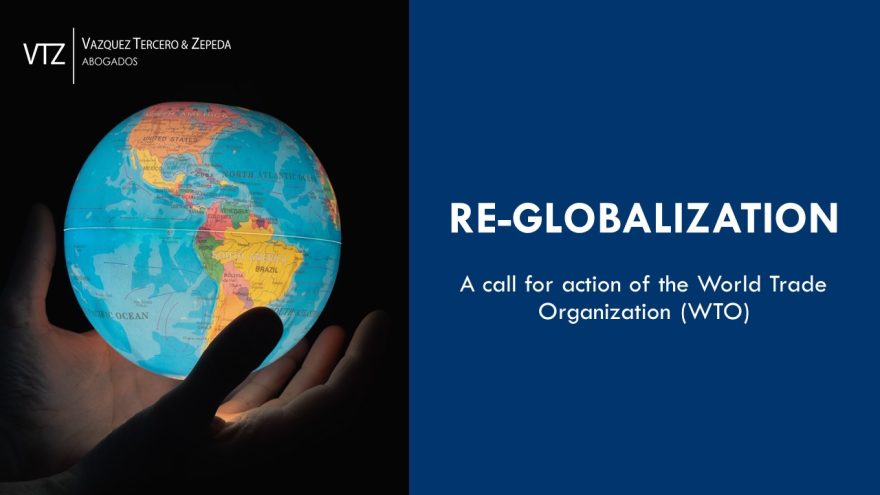General Law of Alternative Dispute Resolution Mechanisms.
Legal Alert
On January 26, 2024, the Ministry of the Interior published in the Official Gazette the «Decree by which the General Law of Alternative Dispute Resolution Mechanisms is issued and the Organic Law of the Federal Judiciary and the Organic Law of the Federal Court of Administrative Justice are amended and added».
We highlight the following six aspects of this new «general» law:
1. What is the purpose of the General Law on Alternative Dispute Resolution Mechanisms?
The purpose of this law is to uniform rules applicable to Alternative Dispute Resolution Mechanisms (ADR) throughout the country. The purpose of ADR is that the parties in conflict reach a peaceful solution, with more agile and flexible mechanisms compared to judicial procedures, which represents savings of resources for companies and individuals that use ADR.
2. What are the Alternative Dispute Resolution Mechanisms provided by law?
The Law contemplates the following mechanisms:
- Negotiation.
- Collaborative Negotiation.
- Mediation.
- Conciliation.
- Arbitration.
These mechanisms, with the exception of arbitration, will be applicable in administrative matters, both at the federal and local levels.
3. New Figure: Certified Legal Professionals.
ADR mechanisms shall be applicable through individuals certified as «facilitators» in the public or private sphere, as well as through «certified legal professionals.»
4. New "Entities"
Within this scenario, the following entities will be created:
- (i) Public Center for Alternative Dispute Resolution Mechanisms
- (ii) Public Center for Alternative Dispute Resolution Mechanisms in Administrative Justice matters, and
- (iii) Private Center for Alternative Dispute Resolution Mechanisms.
5. Inapplicability of Alternative Dispute Resolution Mechanisms
ADR mechanisms are not applicable to the following matters and cases:
Administrative Responsibilities:
Resolutions imposing administrative sanctions on public servants, and those against which administrative remedies are decided in this matter, except in the case of the modality, form, amount, or deadlines for the payment of economic sanctions, and the period of suspension, dismissal, or determined disqualification.
Agrarian:
ADR does not apply to agrarian proceedings (communal land issues) followed in accordance with the provisions of Article 27 of the Mexican Constitution.
International Trade:
On one hand, the disputes foreseen in Article 94 of the International Trade Law are not applicable, i.e., resolutions related to the country of origin marking, certification of origin, or final antidumping resolutions, among others. In other words, ADR mechanisms are not applicable when the Ministry of Economy concludes an antidumping investigation and determines AD duties.
On the other hand, ADR mechanisms are applicable to disputes arising from customs authority’s acts related to the application or collection of antidumping duties, as well as the modality, deadlines, or payment facilities, as well as the condonation of fines and accessories.
Other Reasons for Inapplicability of Alternative Dispute Resolution Mechanisms:
- Affecting programs or goals of the Federal Government, Decentralized Organizations of the Federal and Local government, as well as in the case of Autonomous Constitutional Bodies.
- Public order considerations.
- Affecting the rights of third parties.
Labor:
Labor disputes with the Public Administration must be followed in accordance with the provisions of Article 123 of the Mexican Consitution and the Federal Labor Law.
Government Revocation Trails Against Taxpayers:
Government authorities may raise a dispute seeking to revoke resolutions that are favorable to an individual when they are considered contrary to the law.
6. Entry into Force of the General Law on Alternative Dispute Resolution Mechanisms
This law came into effect the day after its publication, and the Judiciary (among other authorities) will have a period of 180 natural days to issue the applicable regulations for compliance with the Decree.
VTZ Comments
Do Alternative Dispute Resolution Mechanisms apply to tax procedures?
This law stems from the initiative presented by Senator Olga Sánchez Cordero. In the statement of reasons, it is emphasized that the Senator considered it necessary to establish the foundations of ADR for various matters, including tax matters, as evidenced by the following excerpt:
«…the issuance of the aforementioned general law that establishes the foundations and principles of alternative dispute resolution mechanisms in civil, commercial, administrative, intellectual property, tax law, environmental matters, among others, is necessary and urgent, as long as they do not contradict other laws that establish conciliation procedures.»
It is worth noting that, in tax matters, the Federal Fiscal Code provides for the Conclusive Agreement before the Taxpayer Defense Attorney’s Office (PRODECON). Conclusive Agreements are a mechanism that helps the taxpayer resolve disputes related to facts or omissions observed by the tax authority in the exercise of its verification powers (limited to certain assumptions). However, they establish moments and deadlines for their presentation, which is not the case with ADR.
Returning to the General ADR Law, we observe that an individual could request the application of ADR during the processing of a tax-administrative procedure in administrative proceedings at any time or stage (Section I) or in contentious justice instances (Section II) in accordance with Article 115, even in the execution of a judgment. In other words, PRODECON continues to exist as an alternative means in administrative proceedings because an individual could, within the moments and deadlines provided by the Federal Fiscal Code, request the adoption of conclusive agreements or go to a «Public Center for Administrative Justice,» as can be inferred from the text of the law:
«Article 115. The alternative dispute resolution mechanisms referred to in this Chapter are applicable:
I. In administrative proceedings, in accordance with this Law and the relevant laws, or before the Public Center for Alternative Dispute Resolution Mechanisms in Administrative Justice, before or during the processing of pending administrative proceedings, and […]»
However, we question whether tax-administrative procedures (such as an Foreign Trade audit) meet any of the inapplicability assumptions in ADR in administrative matters (see above). For example: Do ADR mechanisms affect the fiscal collection goals of the Centralized Public Administration? If affirmative, ADR would be inapplicable.
Does conciliation or mediation in tax matters contravene public order (an indeterminable concept)? The law is somewhat ambiguous, making it not entirely clear whether the ADR provided for in this law is applicable, especially if the law considers ADR as inapplicable when dealing with «government revocation trials».
Conclusion
As a «general» law, this new regulation establishes the foundations or principles that will govern ADR in various subject areas and levels of government (federal, state, municipal). The second transitory article mandates that the Federal Congress update the corresponding norms. Will the Fiscal Code be included?
We emphasize that there are other laws and agencies, such as the Federal Consumer Protection Attorney’s Office or the National Commission for the Protection and Defense of Financial Services Users, that provide mechanisms for resolving disputes. Consequently, it remains to be seen how the updates from the Federal Congress will impact these procedures.
Regarding procedures in administrative-fiscal matters, the Federal Administrative Justice Tribunal will establish «Public Centers for Alternative Dispute Resolution Mechanisms in Administrative Justice,» making secondary regulations essential to understanding the scope of this new law in administrative and fiscal procedures.
If it meets its objectives and purposes, this General ADR Law can be significant for citizens and businesses in matters of peace and dispute resolution in a shorter period than a judicial proceeding. Therefore, we recommend that businesses closely monitor these new legal developments, as they will undoubtedly provide substantial support for resolving disputes with the authorities without directly resorting to judicial bodies.
Do you need more information?
VTZ is a law firm specializing in International Trade and Customs procedures with 50 years of experience. For further information, please contact our key members:

Adrian Vázquez
Managing Partner

Emilio Arteaga
Partner

Miguel Angel
Partner

Eduardo Gonzalez
Partner








